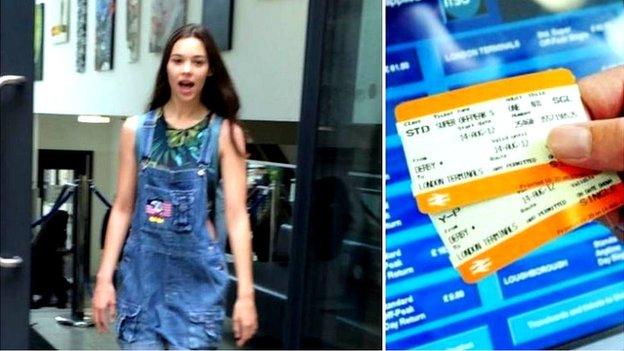Stranded: What happens if you can't pay your way home?
- Published
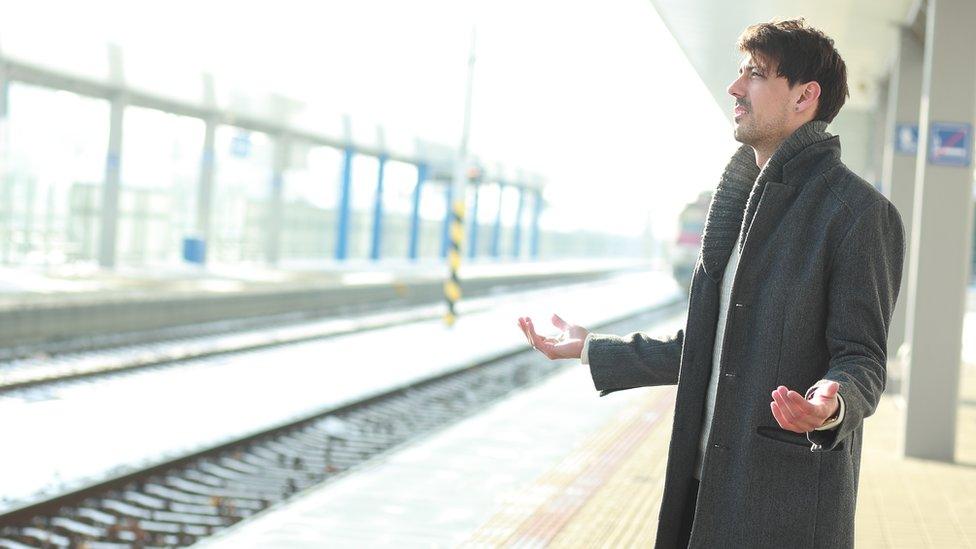
The story of 16-year-old India Ballancore, who was gifted the £85 cost of a train ticket home by a kind-hearted stranger after she had missed her service, has captured the imagination of people on social media.
"This has always been a story about human kindness and if nothing else, encourage others to look after one another," India's mother Andrea said.
But what help is there for people who find themselves in a similar situation, who have no money to get home and no-one to help them?
Stranded without a train ticket
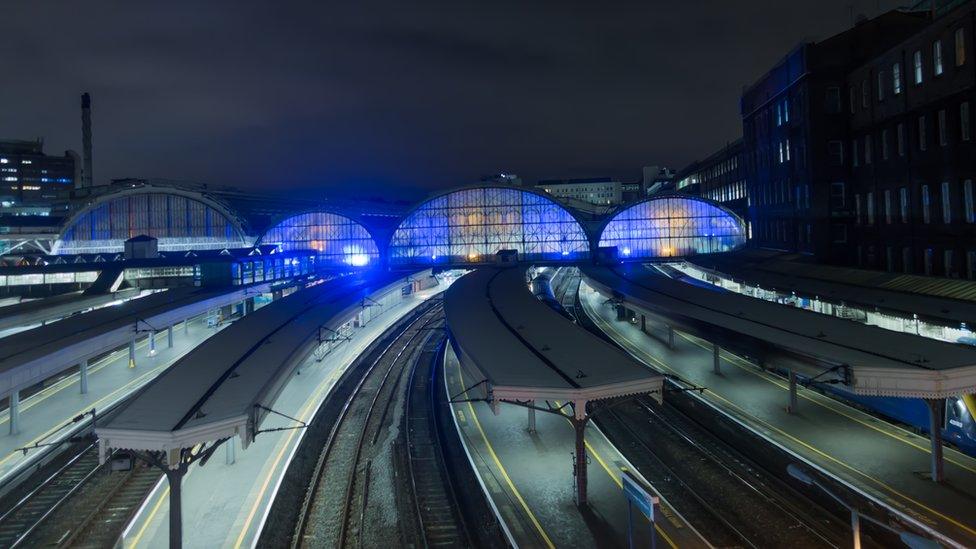
Most of us have missed a train, either through our own fault or because of rail delays and cancellations.
But what happens when your ticket is not flexible and you can't get another train home?
In the case of minors like India who have missed their train and have no money for a replacement ticket, and would otherwise be stranded, train companies will arrange for a friend or a relative to pay for a ticket at another station.
This also applies to other "vulnerable" people - such as the elderly, those with mobility or mental health difficulties or victims of crime.
Alternatively, if the station you are at has an electronic ticket machine, a friend or family member can purchase a ticket online and you can collect it by typing in the booking code. But beware, this only works for some rail franchises, carriers like Virgin require you to have the bank card you ordered the tickets with on collection.
There also may be a delay in the electronic code becoming active for other franchises.
In cases where train operators are to blame for you missing a train - such as when a last service is cancelled or delays on a connecting service cause you to miss it - the company has a responsibility to arrange alternative transport.
This can be a taxi, a bus or another train service with a separate operator. If this is not possible, it will, if it "reasonably can", arrange overnight accommodation.
The campaign group Rail Future says travellers who find themselves in this situation should ask whoever is on duty at the station to arrange alternative transport.
If there are no staff around, you should complain to the train's operator and seek compensation, the group says.
It recommends keeping receipts, recording with precise times what happened, and even taking photos of customer information screens.
No phone or cash
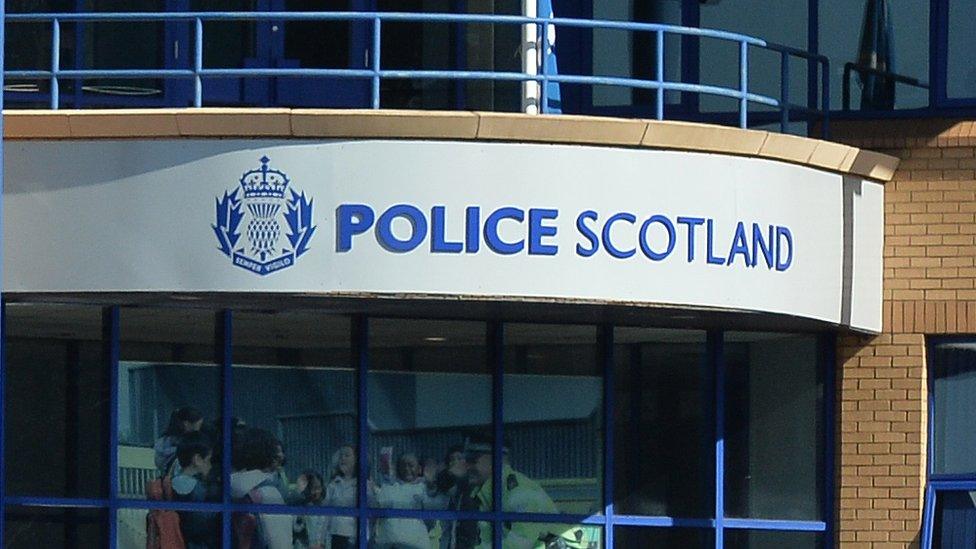
If you have found yourself stuck with no cash and no phone to contact someone to help you out, your best bet might be a police station.
Police Scotland will help those who are stranded by giving them a cash amount from its petty cash fund if a relative lodges money at another police station.
The National Police Chiefs Council (NPCC) said it was unlikely that police stations in England and Wales would get involved in money in quite the same way, but did advise people who find themselves completely stranded to get in touch with a police officer or go to a police station.
Police stations can help stranded people get in touch with their families if they have no other means of contact.
No cash at the pump
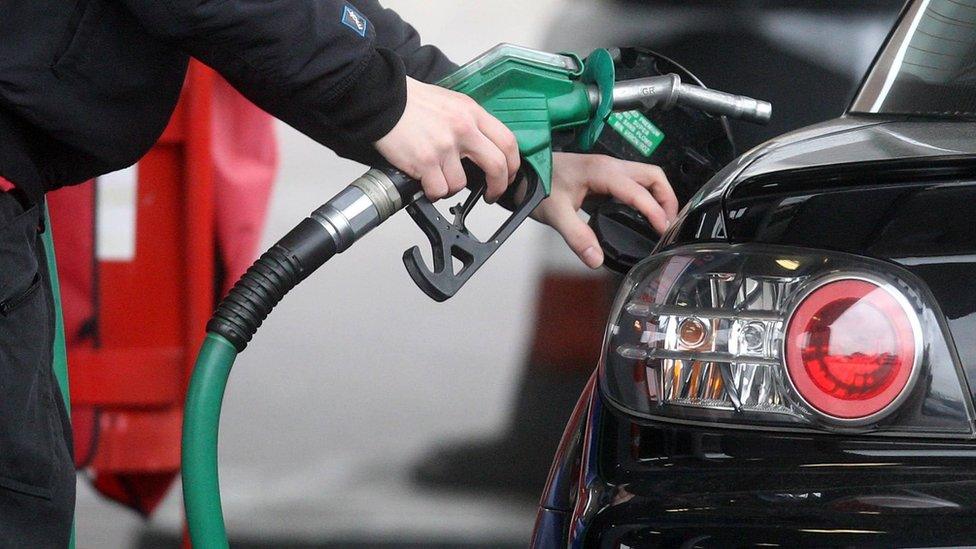
It's a situation that can easily catch drivers out. You put a full tank of petrol into your car, only to realise you've left your cash and bank cards at home.
What happens next? Do the forecourt staff siphon the fuel out of your tank? Is your car towed until you come up with the money?
Luckily, staff do not go to these extremes.
Petrol stations have a "no means of payment" form, where customers fill in their personal details and - dependent on company policy - have between 24 and 48 hours to return to pay for fuel.
Toll crossings
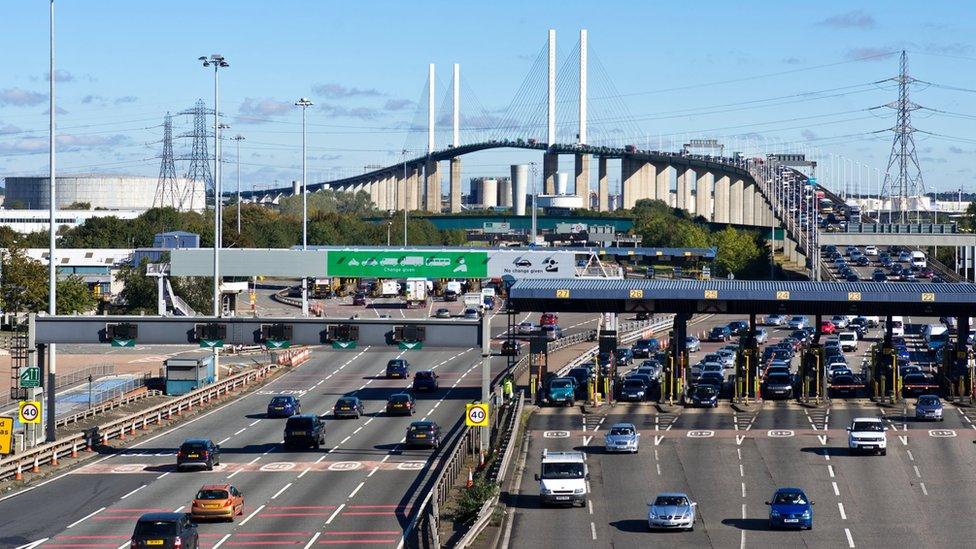
The Dartford Crossing allows people to pay up to 24 hours late
You find yourself driving towards a toll crossing, but don't have the right means of payment.
It's something that can easily catch out new drivers or people unfamiliar with a certain route, especially in the past when many crossings either did not accept card payments or required you to have the exact change.
Nowadays, more crossings do accept cards or allow you to pay later at home if you don't have the right means of payment.
The Severn bridges between England and Wales also allow you to pay after crossing, although the tolls are now set to be scrapped entirely by the end of 2018.
At the Dartford Crossing, between Kent and Essex, the physical tolls themselves have been removed, but a payment still needs to be made within 24 hours of using the crossing, either online, by phone or post.
Your passport and cash are stolen abroad
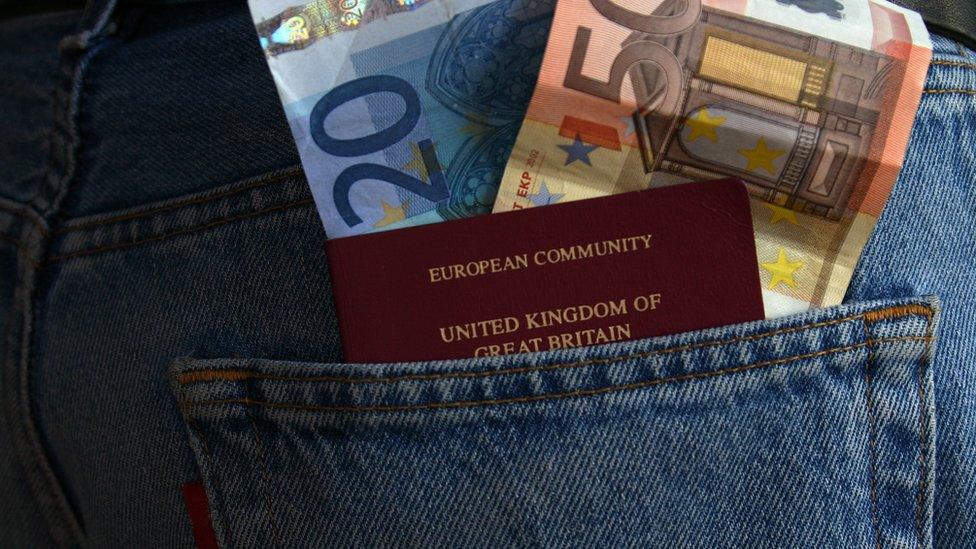
It is every holiday-maker's worst nightmare.
What do you do if your cash and passport is stolen or lost while you are abroad? Luckily, the Foreign Office can help.
Embassies across the world have the ability to issue emergency travel documents in order to get travellers back to the UK.
In some cases, consular services can also help Britons who have got into trouble abroad get home through repatriation service.
The Foreign Office will pay for the costs of getting stranded travellers home, and potentially money for lodgings before a flight, but these fees will have to be repaid once they return to the UK.
The government will not charge people under 18 to be repatriated.
- Published16 August 2017
